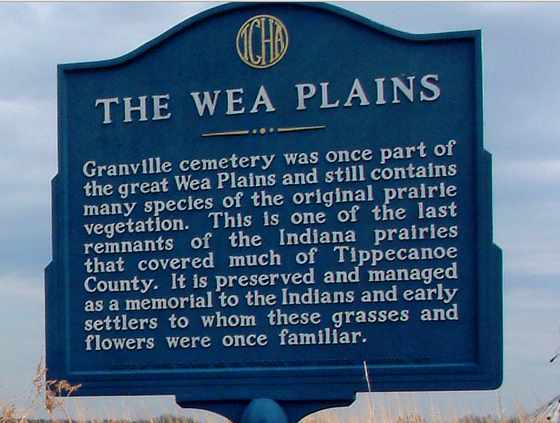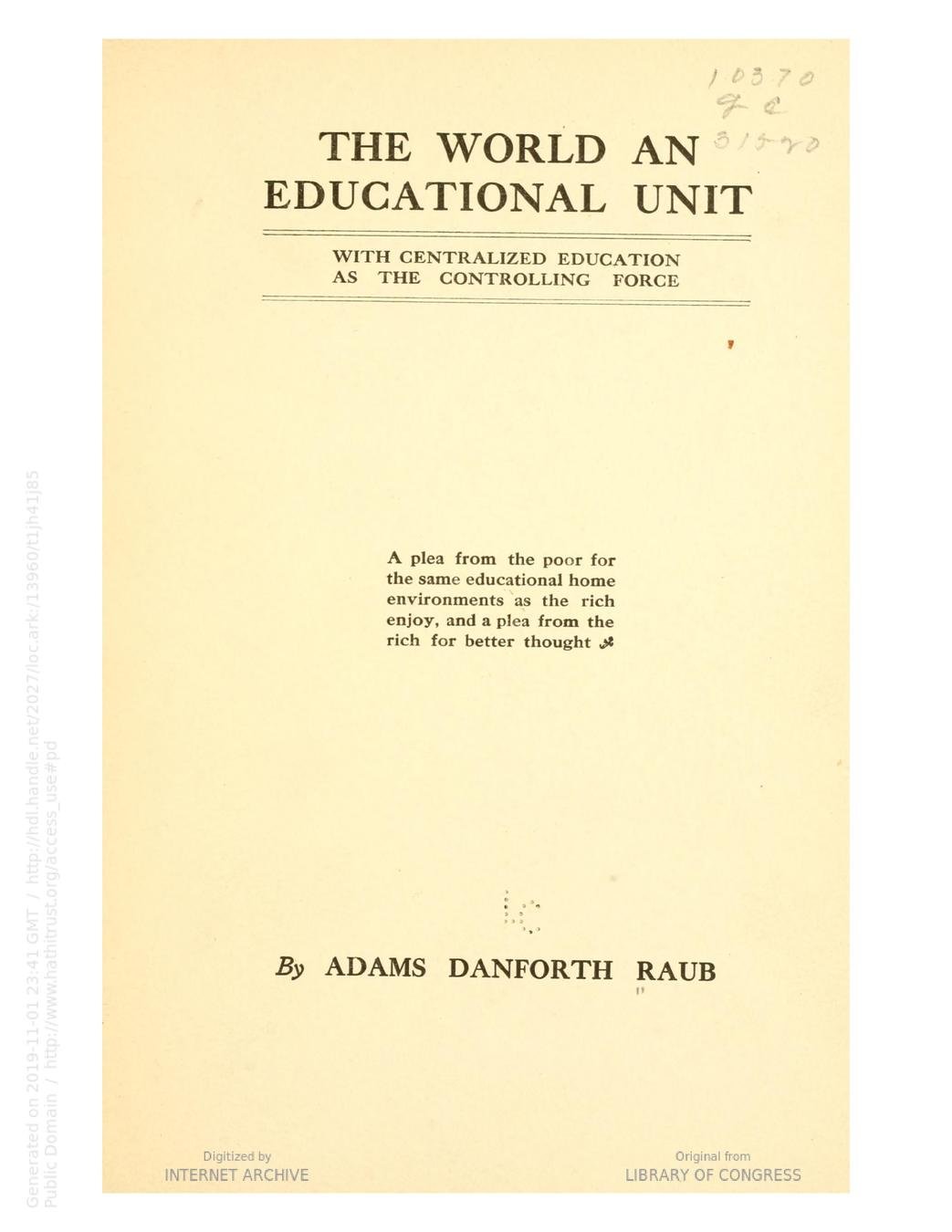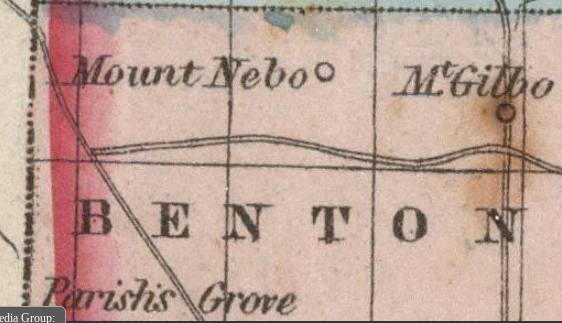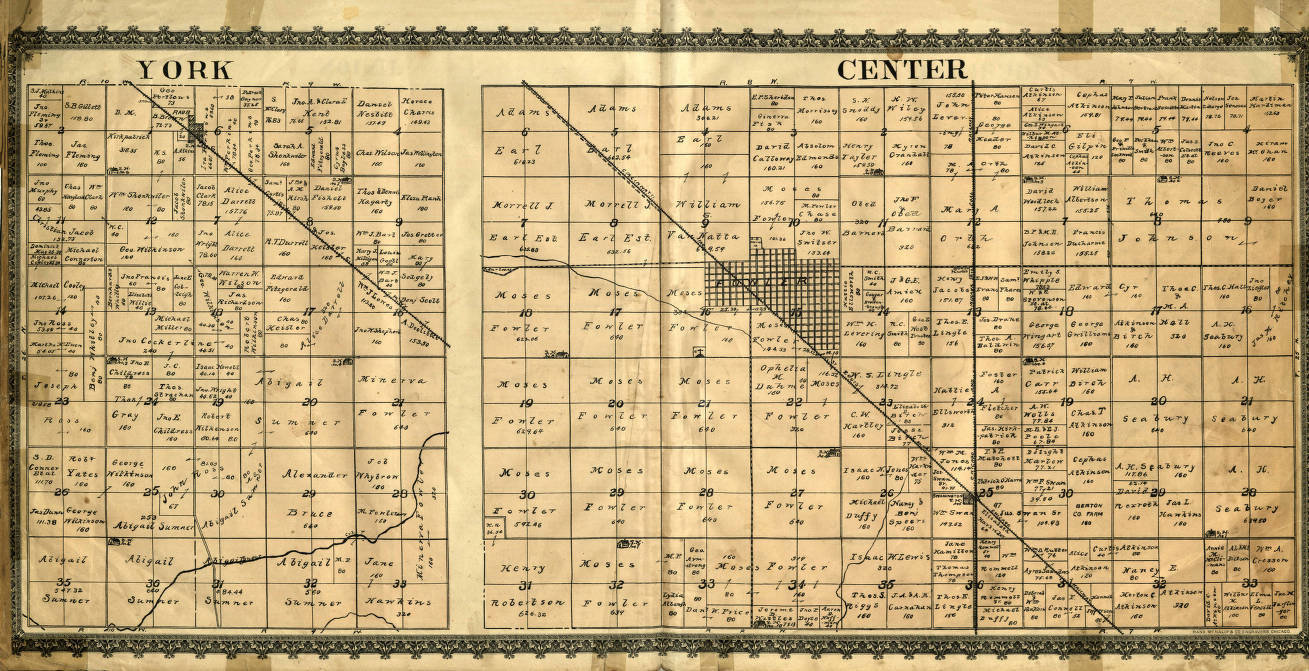Some history of Grandma's home town
Raub,
The Wea Plains, and
The Cattle Barons
Brian Capouch
brianc@palaver.net
Yesterday was the sesquicentennial
of Raub's founding!!
Exploring Raub's creation myth
- Places and people that played major roles
- The historical context of the times
Places:
(Click for list of Tippecanoe county markers)

Why the Wea Plains?
- Natives were already intensively farming there
- Soils are naturally well drained
- Prime farmland--just like Benton County
- Acquired via the Treaty of St. Mary's (1818)
- Our area was later, 1832 via The Treaty of Tippecanoe

That map is INCORRECT!!


Wrong v. Right
People:
James and Suzanna Hawkins
- Very early (1820s) settlers on the Wea Plains
- Shadeland Farm
- Quakers--part of Underground Railroad
- Co-founders of the Farmer's Institute
-
Their children were well-connected
- daughter Eliza married Moses Fowler
- daughter Martha married Adams Earl
- son James Jr. married Jane Sumner, Edward's daughter

Springvale Cemetery

Greenbush Cemetery, moved from High Gap
Jacob Raub, Sr. 1796-1849
- Went from New Jersey to Ross Co. Ohio 1820s
- Moved to Tippecanoe County 1836
- Likely founded grain business later run by his sons
- His wife Maria from the noted New York Ostrander family
- Dr. Tobias Ostrander -The Mathematical Expositor
- Dr. Edward Ostrander - First physician in Ross Co., Ohio

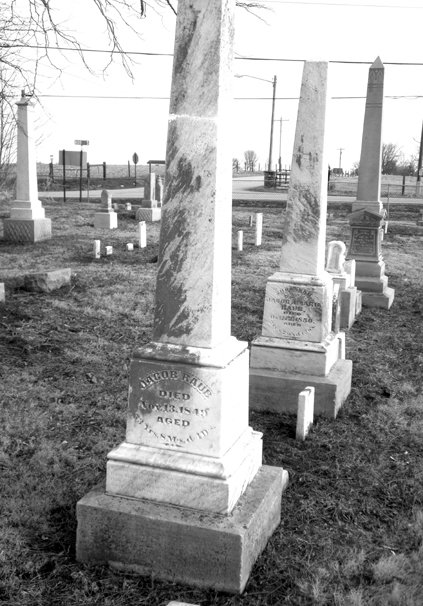
Mintonye Cemetery
John Raub 1805-1849
- Little is known about his life
- Most likely followed his older brother to Indiana
- Married Caroline Earl in Tippecanoe Co. 1837
- Died in 1849, buried in Sumner Cemetery, Earl Park
- Odd, no record he ever lived near Earl Park
- Earl Park wasn't platted until 1872

Sumner Cemetery
Subsequent generations of the Raub family spread out over the area

Area towns founded by Raub family members
South Raub
Raub
Earl Park
Chalmers
Adams Earl (1828-1895)
- Came to the Wea Plains in 1836
- Lafayette banker, grocer, trader
- Railroad executive
- Interest in packing and slaughterhouse in Chicago
- Crystal Ice Co. Kankakee
- Partnered with his brother-in-law Moses Fowler
- Early importer of Hereford cattle
- Successor to his in-laws at Shadeland Farm




Springvale Cemetery
Moses Fowler (1815-1889)
- Original business partner of John Purdue
- Banker, Farmer, Cattleman
- Partner in Chicago slaughterhouse
- Sold groceries and dry goods
- Railroad Founder with Earl etal.
- Founder/benefactor of Fowler
- Said to be richest man in Indiana
- Owned thousands of acres of Benton County
- Originally partnered with Earl and Raub
- Also owned big farm abutting Brookston



Springvale Cemetery
Adams Danforth Raub (1840-1918)
- Father was John Raub, mentioned earlier
- Mother was Caroline Earl
- Namesake of his mother's brother
- Married Nancy "Nanny" Hardesty Jones
- her sister married Senator Daniel Voorhees
- Raub's stepson John Paul Jones was prominent lawyer in Washington D.C.
- Platted both Raub (April) and Earl Park (July) in 1872
- Earl Park partners were Adams and Martha Earl
He was also an author

Sumner Cemetery
He was one of the "Land Barons"
Prairie Land Barons
(also known as the "Cattle Kings")
- *Moses Fowler 25,000
- *Adams Earl 11,000
- Edward Sumner 36,000
- *Parnham Boswell 12,000
- Cephas Atkinson 12,000
- *Adams Raub 6,000
- Lemuel Milk 65,000
- J.M. Gaff 16,000
- *Alexander Kent 25,000
- James Goodwine 10,000
Henry L. Ellsworth
- Benton County's Ur-Baron
- From Connecticut; Commissioner of U.S. Patents
- Wrote a famous book about this area
- His project failed, but his ideas survived
- The rest of his story is beyond today's scope
Sumner was a very relevant baron
Edward Culver Sumner (1811-1882)
- Nothing to do with the Wea Plains!
- Born in Vermont
- stops in Scioto Co. Ohio, Fountain Co. near Newtown
- Came to Benton County (York Township!!) in 1846
- Original homestead at "Sugar Grove" (aka Sumner's Grove)
- Eventually owned vast acreages in Benton and Iroquois counties
- His daughter married James Hawkins, Jr.


Sumner Cemetery
Context:
Why was Benton County, with the state's richest soils, the very last to be settled?
There were some stiff impediments
- The raw prairie was inhospitable
- The groves were the first to be settled
- Drainage was poor
- No railroad

George Ade--Saturday Evening Post
Big holdings meant fewer farmers
Grazing cattle is not an intensive land use
Tenant farmers were generally poor
The barons' estates were a problem, too
- Fowler's will froze his lands for 25 years
- Bitter fights amongst the heirs delayed sales
- The media reflected citizens' concerns
- No farmers == No trade
- Eventually Fowler's family relented
All of this put Benton about 20 years behind
A big question: why is Raub sited where it is?
Sumner bought his original ~484-acre Benton County holding from Alex Coquillard, who later went on to found the city of South Bend
The holding was originally known as "Topenebee's Grant" or "The Indian Float," and was written into the Treaty of Tippecanoe

From Ogle's Atlas, 1909

Sumner's family still owns part
The Chicago Road (click image for article)
From Colton, ca. 1860

From Gray's map of Indiana ca. 1880

Where you're on the Chicago Road!!
Raub was at the intersection of the new railroad and the successor to the old Chicago Road!!
Historic Images
Clickable image gets larger, scrollable map!

Ogle's 1909 Atlas

Original Plat of Raub

Plat of Earl Park
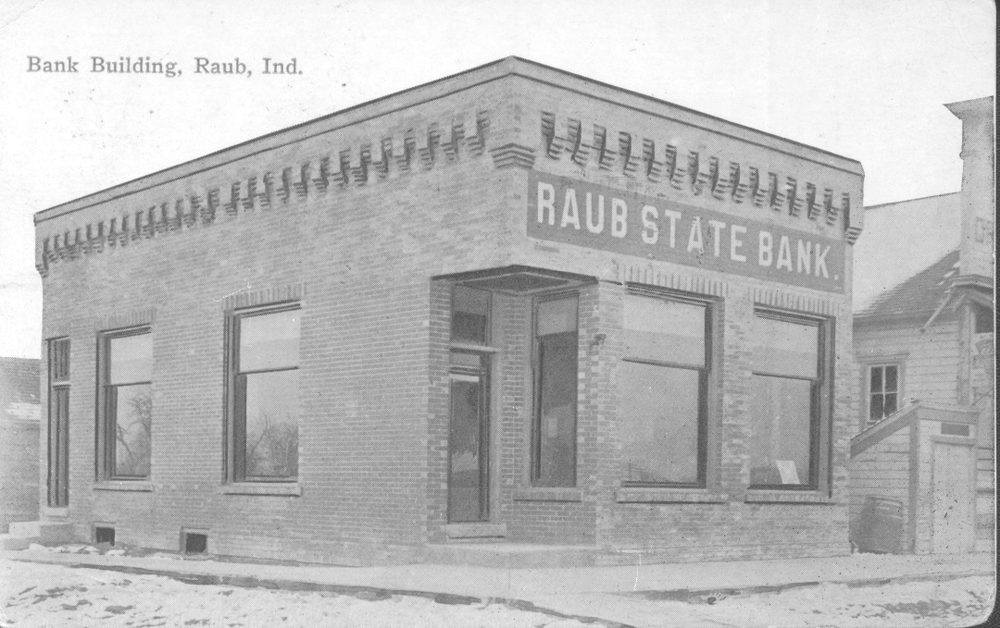

Thank you!!
The Raub Family (Plain version)
By capouch
The Raub Family (Plain version)
Exploring the history of Raub, Indiana
- 1,010
